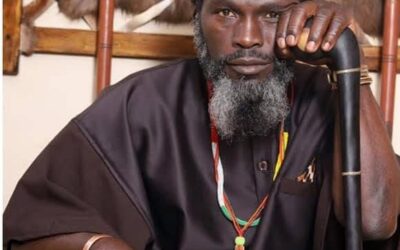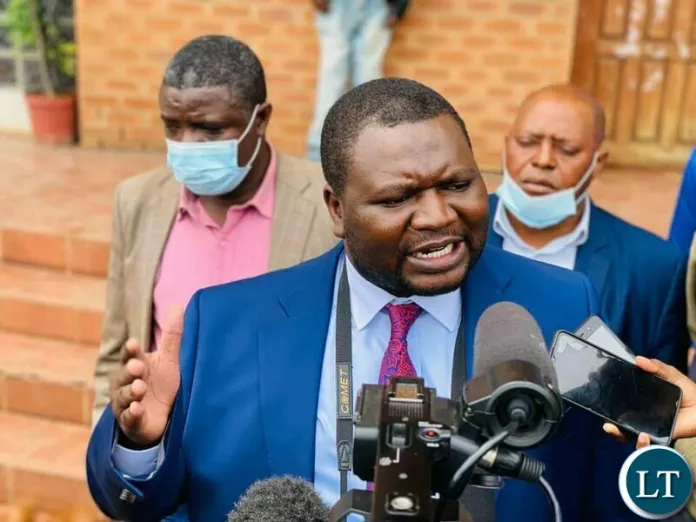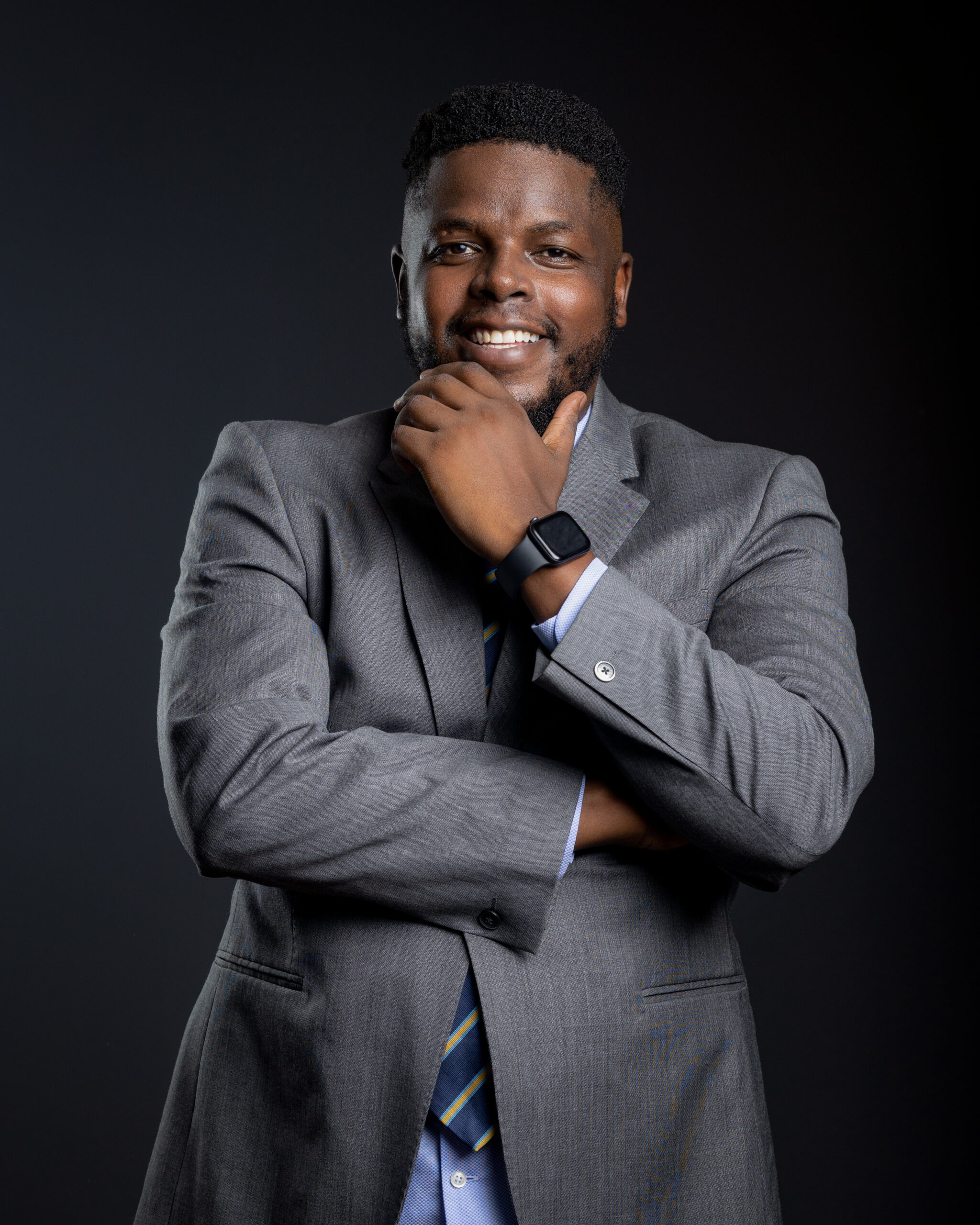By Bafana Phalane
The passing of Zambia’s 6th President, Edgar Chagwa Lungu, has triggered an unprecedented political and emotional standoff between the state and the former president’s family. His death in South Africa, where he had gone to seek medical attention, has exposed the deepening political cracks within the nation. Unlike previous transitions following the deaths of other former heads of state, Lungu’s passing has thrown the nation into unfamiliar territory, both constitutionally and socially.
What makes Lungu’s case uniquely complex are two critical factors: he is the first former Zambian president to die outside the country, and notably, the first to do so while his retirement benefits had been withdrawn, a move that many in the opposition saw as politically motivated. These circumstances have intensified existing tensions between the state and the opposition Patriotic Front (PF), the party he led.
According to the PF Secretary General, Mr. Raphael Nakacinda, who addressed the media in Sandton, there is widespread concern within the party and among family members over the state’s attempt to “hijack” the remains of the former president without the family’s consent. He alleged that Lungu faced systemic victimization from the state, especially after he announced his return to active politics. His medical travel was reportedly restricted, and he was treated with growing hostility from the government.
Nakacinda has strongly echoed sentiments that President Hakainde Hichilema has turned himself into a dictator without shame, despite his public claims of being a man of God. Party member Raphael Nakacinda criticized the current state of governance, stating that the judiciary has become a mere tool under Hichilema’s control and that the Electoral Commission is now dominated by his close allies. He warned that public confidence in key state institutions has significantly eroded, which could lead to a dangerous standoff and possible anarchy. According to the Patriotic Front, Hichilema no longer respects democratic principles and is steadily undermining the pillars of Zambia’s democracy.
Now, Zambia is caught in a stalemate: the family, supported by the PF and other alliance partners, insists on controlling funeral proceedings, while the government seeks to assert state protocols and rights over a former head of state. This stand-off has created logistical and emotional confusion over burial arrangements, and the situation remains fluid and contentious.
Unlike the deaths of former presidents Kenneth Kaunda (KK), Frederick Chiluba (FTJ), and Rupiah Banda (RB), where relationships between the state and family were either amicable or reconciled, Lungu’s case is characterized by suspicion and unresolved political tensions. For example, Chiluba died at home in Zambia and despite past animosities, Banda the then president, showed magnanimity and coordinated a dignified national farewell. Such cooperation is currently absent in Lungu’s case.
There is an urgent need for sober minds. The nation must avoid turning a moment of mourning into a protracted political crisis. The government must realize that, while state protocols are essential, the rights and wishes of the family must take precedence in such a deeply personal and emotional process. Funeral rites are not just matters of protocol; they are cultural, familial, and spiritual expressions of closure.
The state’s role, therefore, must shift from asserting control to facilitating dignity. This means initiating a dialogue with the family, the PF, and other stakeholders to map a consensus path forward. President Hakainde Hichilema’s administration must take the high road and de-escalate tensions by showing respect, compassion, and restraint.
A nation already dealing with political polarization does not need a spectacle of disunity at such a solemn moment. Edgar Lungu may have been a political rival to the current administration, but in death, he belongs to all Zambians, as a former president and a symbol of the nation’s democratic transitions. How the government handles this will reflect on its maturity, values, and understanding of governance beyond politics.
Ultimately, this is a moment for healing, not hostility. Zambia must rise above the political fray and allow Lungu’s family to grieve without interference. If handled well, this moment could serve as a turning point for national reconciliation, if not between political parties, at least among citizens longing for unity in trying times.
Bafana Phalane: Founder and Editor @ Maverick Point








13 thoughts on “Edgar Lungu’s Death and the Political Standoff: Why the Government Must Take the Lead from the Family.”